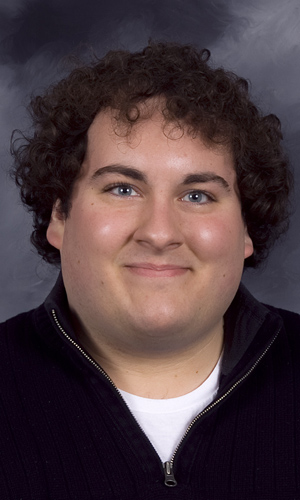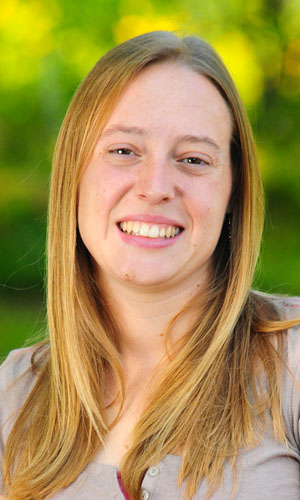The School of Business and Economics hosts a presentation by Assistant Professor Josh Filzen for a brown bag lunch at noon, today, in AOB 101.
Filzen will speak about “Financial reporting complexity and the comovement of stock returns.”
On Thursday, in conjunction with the Presidential Council of Alumnae, they will host alumna Marie Cleveland ’82. She will talk about “How to deliver effective business presentations” at 4 p.m in Fisher 329. A reception with light refreshments will follow the lecture from 5 to 6 p.m.
For more information, see Josh Filzen and Marie Cleveland.


